The landscape of early childhood education is undergoing rapid change, responding to the evolving needs of a global society. As the world becomes more interconnected, fostering critical thinking, creativity, and emotional intelligence in young learners has become essential. Transformative learning—a dynamic, learner-centered approach—stands at the forefront of these educational shifts. At Smart Kids Nursery And Primary School Buea, transformative learning is not just a methodology but a guiding philosophy that permeates every aspect of the school’s approach to education.
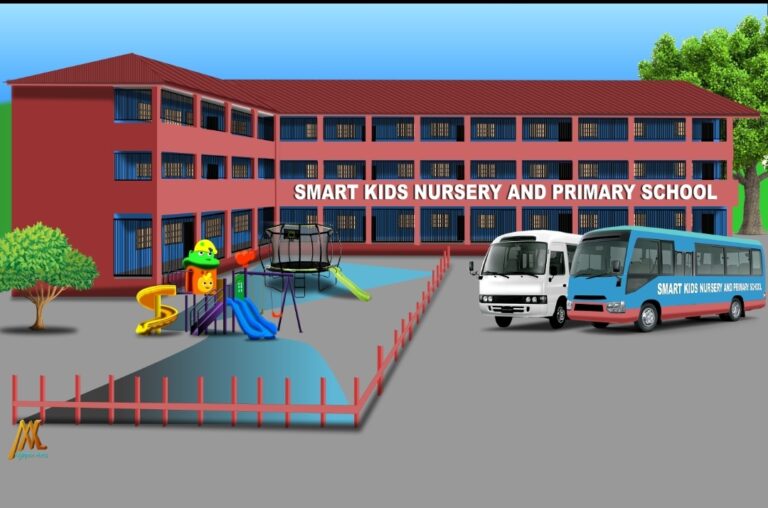
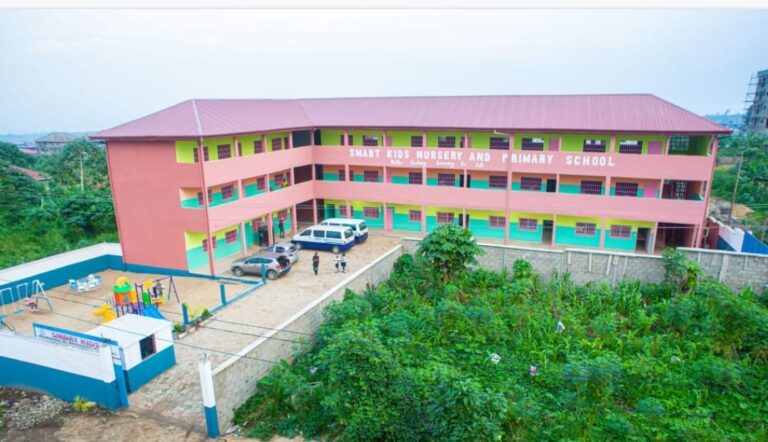
Foundations of Smart Kids Nursery and Primary School Buea
Founded with a mission to nurture holistic development in children, Smart Kids Nursery and Primary School Buea combines academic excellence with moral integrity. The school’s vision is rooted in the belief that education should not merely prepare children for academic success but should also instill values that shape responsible citizens. Core values such as respect, empathy, curiosity, and perseverance are woven into every classroom experience, making transformative learning a natural extension of the school’s ethos.
Understanding Transformative Learning
Transformative learning is a theory and practice that centers on the learner’s ability to critically assess their own experiences and reshape their understanding of the world. Originating from the work of educational theorists like Jack Mezirow, this approach encourages reflection, exploration, and the development of new perspectives. Unlike traditional rote learning, transformative learning focuses on empowering students to become active participants in their educational journey, fostering independent thought and a deeper connection to the material.
Implementing Transformative Learning at Smart Kids
Smart Kids Nursery And Primary School Buea integrates transformative learning into its curriculum by tailoring content to meet the needs and interests of each student. The school’s educators strive to create a learning environment that encourages inquiry and reflection, blending structured academic frameworks with opportunities for self-directed exploration. Whether through literature, science, or the arts, transformative learning is interwoven across all subjects, ensuring students engage with material in meaningful and impactful ways.
Child-Centered Approaches
At the heart of transformative learning is the emphasis on the learner’s experience. Smart Kids places children at the center of their education, encouraging them to take ownership of their learning process. This involves fostering autonomy, allowing students to decide their learning paths, and promoting active participation in classroom discussions. By giving children a voice in their education, Smart Kids empowers them to become self-motivated learners
The Role of Inquiry-Based Learning
Inquiry-based learning is a cornerstone of transformative education at Smart Kids. Students are encouraged to ask questions, explore ideas, and engage in problem-solving activities that stimulate intellectual curiosity. By fostering a classroom culture that values inquiry, the school nurtures critical and analytical thinking skills, enabling students to develop a deeper understanding of the world around them.
Project-Based Learning at Smart Kids
Project-based learning allows students to apply their knowledge in real-world contexts. Children at Smart Kids engage in hands-on projects requiring collaboration, creativity, and critical thinking. Whether designing a model, conducting a science experiment, or creating an art piece, these projects allow students to explore their interests while developing essential skills like teamwork and communication.
Social-Emotional Development
Transformative learning goes beyond academic knowledge and prioritizes social-emotional learning (SEL). At Smart Kids, SEL is integrated into daily activities to help students build resilience, empathy, and emotional intelligence. By teaching children how to manage their emotions, work cooperatively with others, and navigate social challenges, the school prepares them for success both inside and outside the classroom.
Technology and Innovation in the Classroom
In today’s digital age, technology plays a critical role in education. At Smart Kids, students are introduced to digital tools that enhance their learning experience, from interactive learning platforms to coding activities. By integrating technology into the classroom, the school equips students with essential digital literacy skills while fostering creativity and problem-solving abilities.
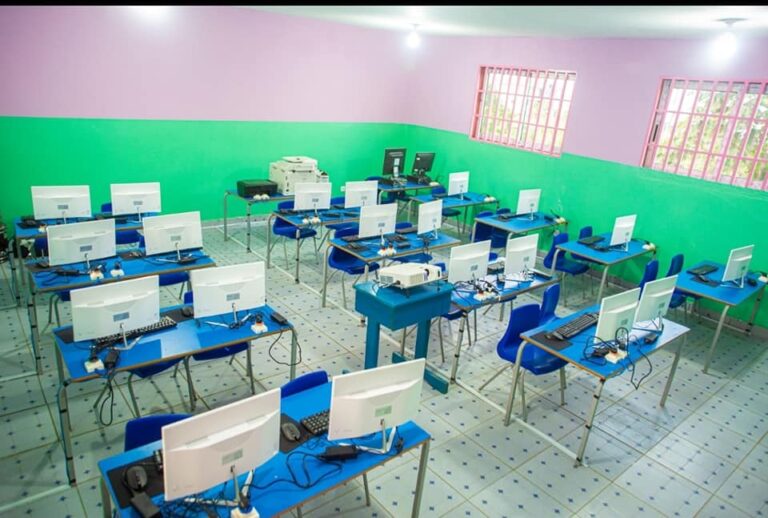

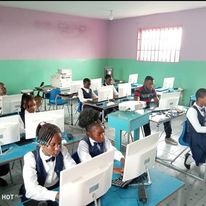
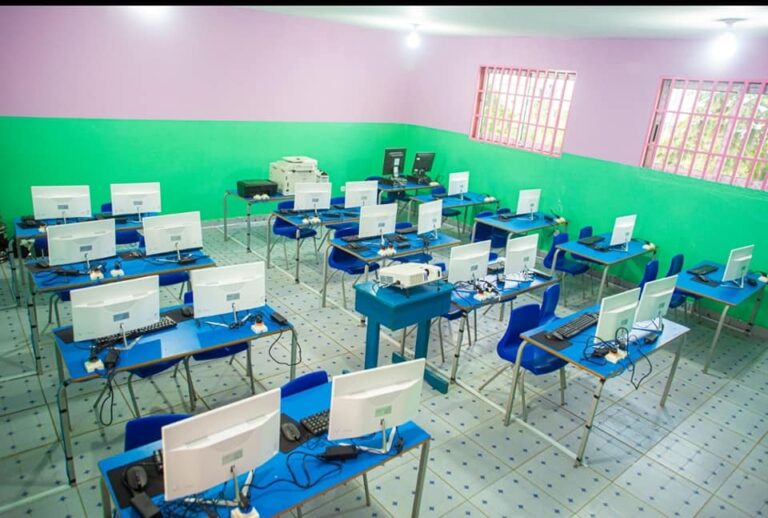

Outdoor Learning and Environmental Awareness
Outdoor learning is an integral part of the transformative experience at Smart Kids. Nature serves as a dynamic classroom where students engage in hands-on exploration and develop a deep appreciation for the environment. Through activities such as gardening, nature walks, and environmental projects, students learn about sustainability and environmental stewardship.
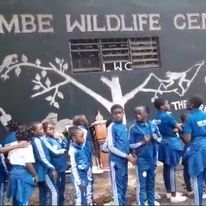
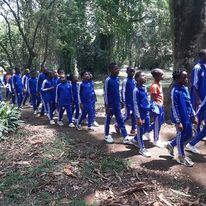
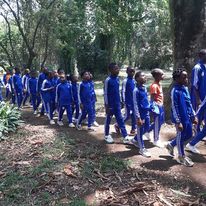
Culturally Responsive Teaching
Smart Kids recognizes the importance of diversity in education and strives to create a culturally responsive learning environment. By incorporating global perspectives and celebrating cultural differences, the school helps students develop a broader understanding of the world. This inclusive approach not only enriches the learning experience but also fosters a sense of belonging for all students.
Teachers as Facilitators of Transformation
Teachers at Smart Kids are not just instructors; they are facilitators of transformative learning. Through ongoing professional development and training, educators are equipped with the skills to create a dynamic, student-centered learning environment. They act as mentors, guiding students through their learning journey and encouraging them to think critically and independently.
Parental Engagement in Transformative Learning
Parental involvement is a key component of the transformative learning process at Smart Kids. The school encourages parents to take an active role in their child’s education through regular communication, workshops, and collaborative learning opportunities. This partnership between parents and educators ensures that children receive consistent support both at school and at home.
Inclusive Education at Smart Kids
Smart Kids is committed to providing an inclusive learning environment where every child can thrive. The school caters to diverse learning needs and abilities, offering individualized support and accommodations to ensure that all students have equal access to the curriculum. This commitment to inclusivity fosters a sense of belonging and promotes equity in education.
Play as a Pillar of Transformative Learning
Play is an essential component of early childhood education, and at Smart Kids, it is used as a powerful tool for learning. Both structured and unstructured play activities are incorporated into the curriculum to promote cognitive, social, and emotional development. Through play, children develop problem-solving skills, creativity, and the ability to work collaboratively with others.
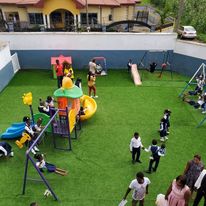
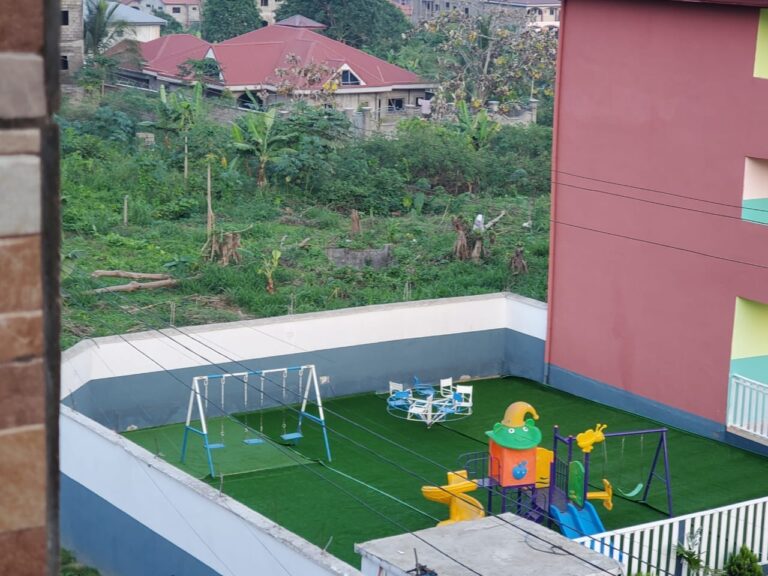
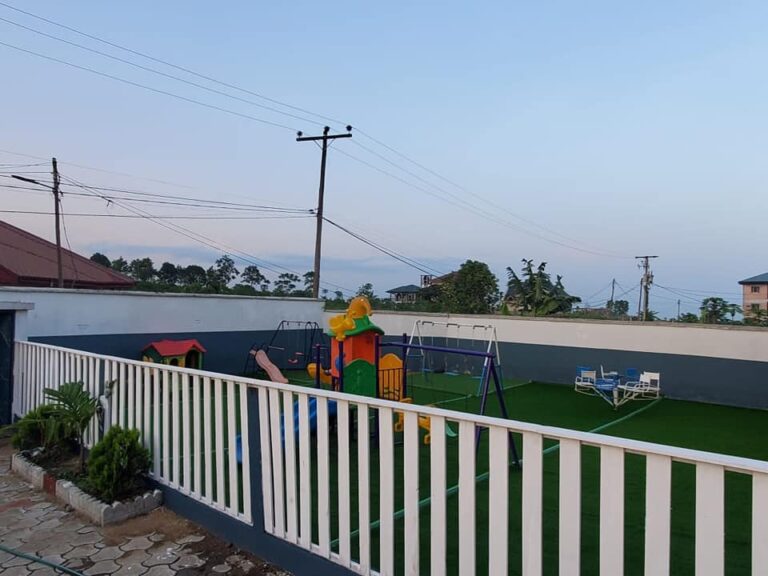
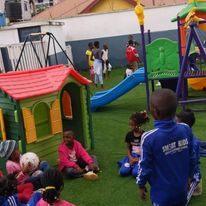
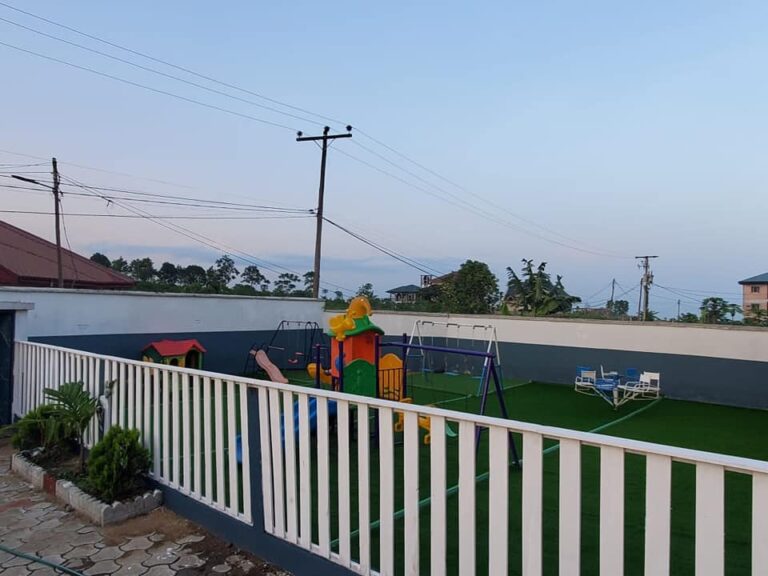
Fostering Leadership and Independence
Smart Kids encourages children to take on leadership roles within the classroom and beyond. Through student-led activities and self-directed learning projects, students develop leadership skills and learn to take responsibility for their education. This focus on independence helps students build confidence and prepares them for future challenges.
Assessing Progress in Transformative Learning
Assessment at Smart Kids goes beyond traditional testing. The school employs holistic methods to evaluate student progress, including observational assessments, portfolios, and self-reflection activities. Feedback is an integral part of the learning process, helping students identify areas for growth and celebrate their achievements.
Extracurricular Activities and Transformative Learning
Extracurricular activities at Smart Kids are designed to complement academic learning by providing students with opportunities to explore their interests and develop new skills. From sports to music and arts, these activities play a crucial role in fostering well-rounded development and enhancing the transformative learning experience.
The Role of Community in Learning
Smart Kids believes in the importance of community engagement in education. The school encourages students to participate in community service projects and initiatives that promote social responsibility and global citizenship. By engaging with the local community, students gain a broader perspective on the world and learn the value of contributing to society.
Success Stories and Outcomes
The impact of transformative learning at Smart Kids can be seen in the success stories of its students. From academic achievements to personal growth, the school has helped countless children reach their full potential. Testimonials from parents and educators further highlight the positive outcomes of the school’s transformative approach.
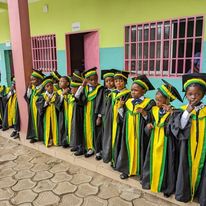
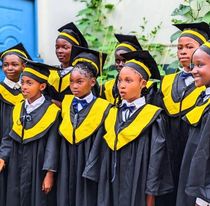
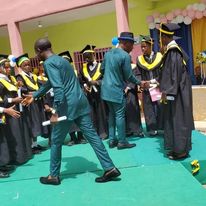
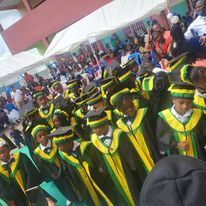
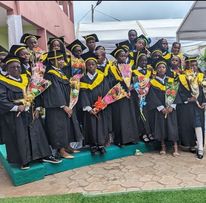
Conclusion
The transformative learning approach at Smart Kids Nursery and Primary School Buea is reshaping the future of education. By fostering critical thinking, creativity, and emotional intelligence, the school is preparing students not only for academic success but for life. With a continued commitment to excellence and innovation, Smart Kids is setting the standard for early childhood education in the region.

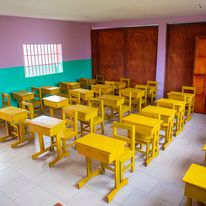
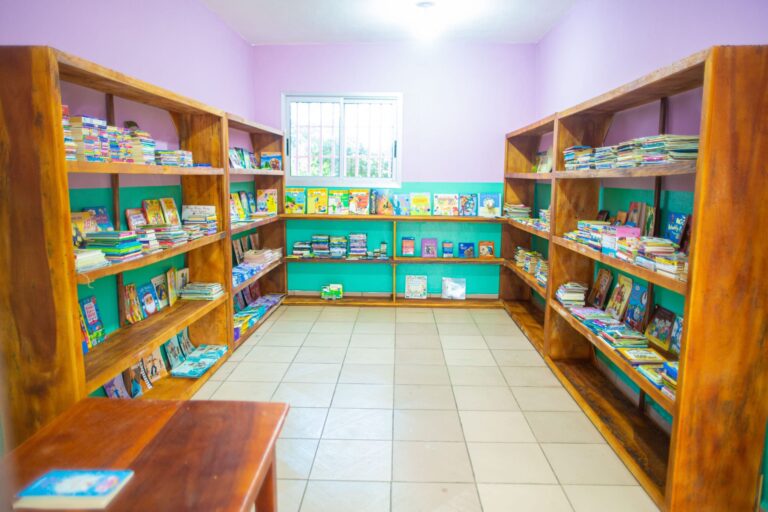
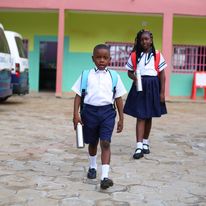



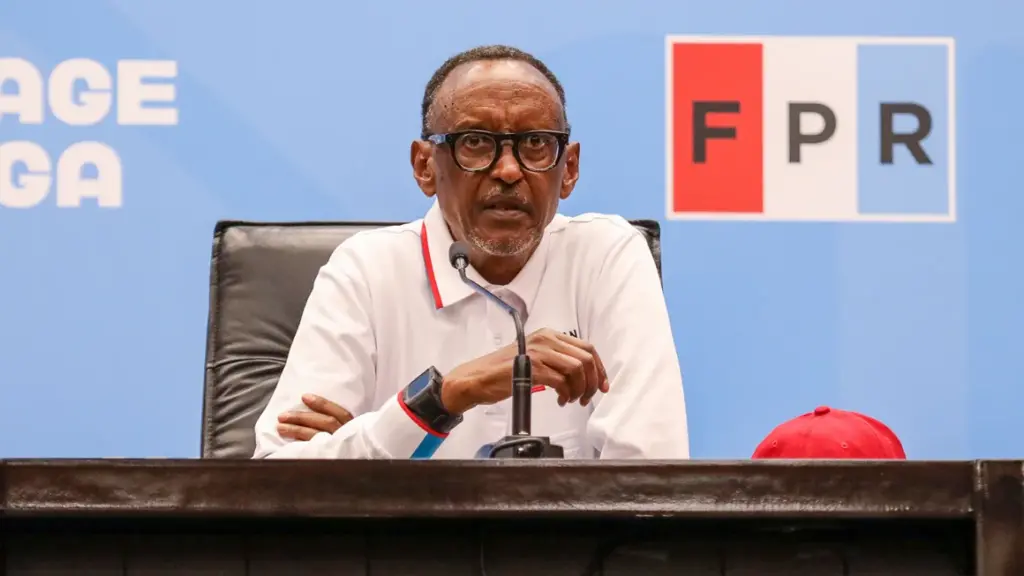
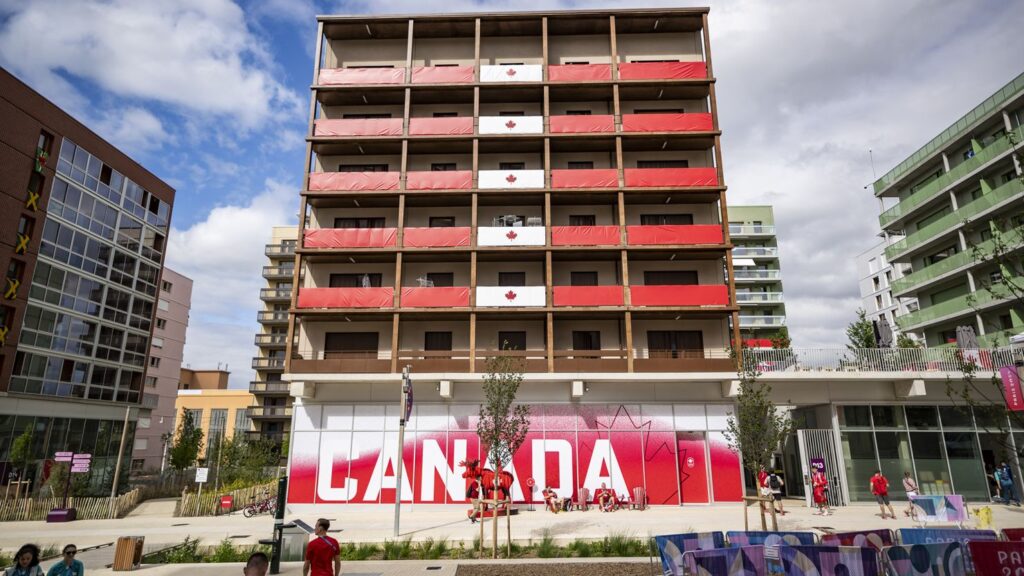


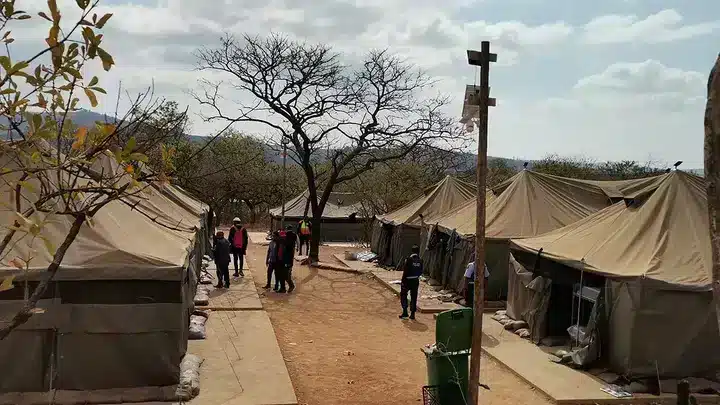

Yes, yes, I accept anything good said about Smart Kids. My neighbors have all sent their kids there this year. The management is second to none in Buea.